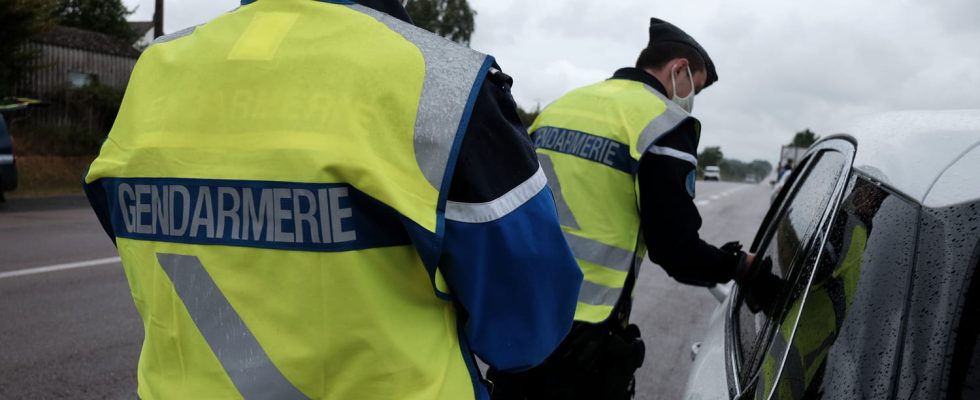The Prime Minister, Elisabeth Borne, announced on Monday July 17 a tightening of the law concerning driving under the influence of narcotics. From now on, this violation of the Highway Code will result in the automatic suspension of the driver’s license.
[Mis à jour le 17 juillet à 17h44] It was in tune with the times, the government wanted to toughen up on driving under the influence of narcotics. This Monday, at the end of the long weekend of July 14, Elisabeth Borne announced at a press conference that the driving license would henceforth be automatically suspended in the event of driving under the influence of narcotics. This announcement, among other measures, follows an interdepartmental road safety committee (CISR). “We are going to make the suspension of the driving license automatic in the event of driving under the influence of narcotics”, thus indicated the Prime Minister, stressing that “one in five accidents” was the responsibility of drivers who had consumed narcotics.
After the buzz aroused by the Palmade affair – the actor being guilty of a road accident on February 10 when he had consumed cocaine in particular – the government had for several weeks hinted that a hardening of the law was in the pipes. Wanting to be “intractable” in the face of this scourge, Elisabeth Borne and her government have joined the action to the word in this summer period conducive to road accidents of all kinds. This may make motorists under the influence of narcotics and/or alcohol think twice before getting behind the wheel.
Judicial suspension of license
Until then, the judge of the police or jurisdictional court could pronounce a suspension of the license in the event of driving while intoxicated or under the influence of narcotics, hit and run, refusal of screening,speeding exceeding 30 km/h of the maximum speed, or of deliberate attack on the physical integrity or the life of a person. Once the judgment has been rendered, the driver can appeal to the Court of Appeal within 10 days. The maximum duration of the suspension is 5 years in the case of intentional injury or homicide, and 3 years in other situations. The suspension is sometimes accompanied by a reprieve: the license is only withdrawn if a new offense is committed during the prescribed period. The driver receives a copy of the form reference 7 which is required to collect the license from the authority mentioned on the document.
Administrative license suspension
The prefect or sub-prefect of the department can also decide to suspend the license when a driver has a health problem rendering him unfit to drive. In this case, the duration of the suspension is one year, renewable as many times as necessary depending on the driver’s state of health. The license is only recovered after a favorable examination before the departmental medical commission. The prefect or sub-prefect may also suspend the license when he receives a report from the police mentioning one of the following offences: driving under the influence of alcohol or narcotics, refusal to submit at scrutineering, speeding more than 40 km/h from the maximum speed. In this case, the maximum duration of suspension is six months, increased to one year in the event of willful attack on the physical integrity or the life of a person, hit and run or drunk driving. An appeal is possible with the Ministry of the Interior or the administrative court. The permit is collected at the prefecture at the end of the period.
